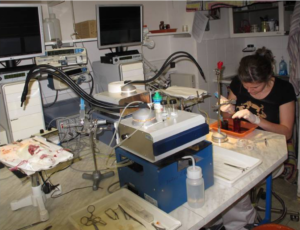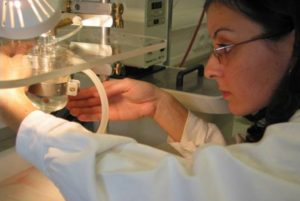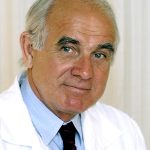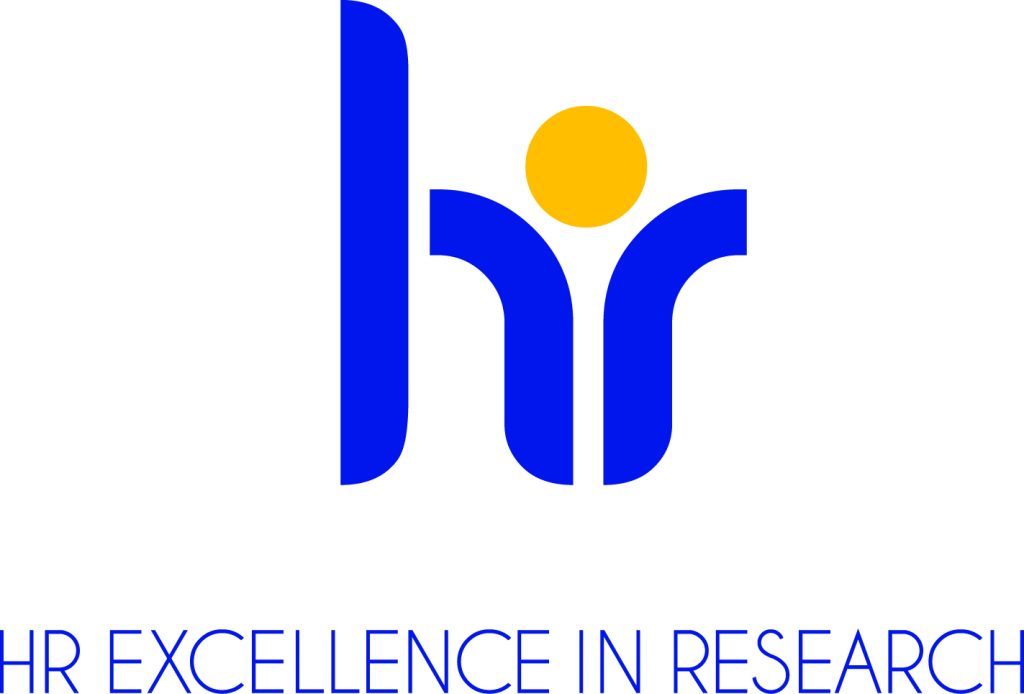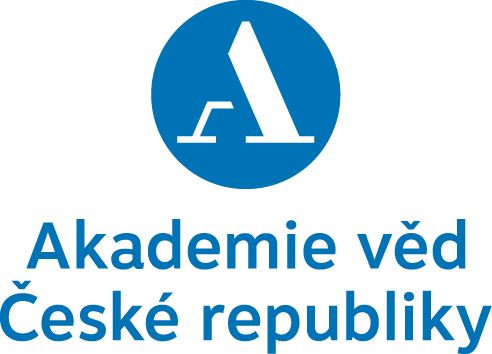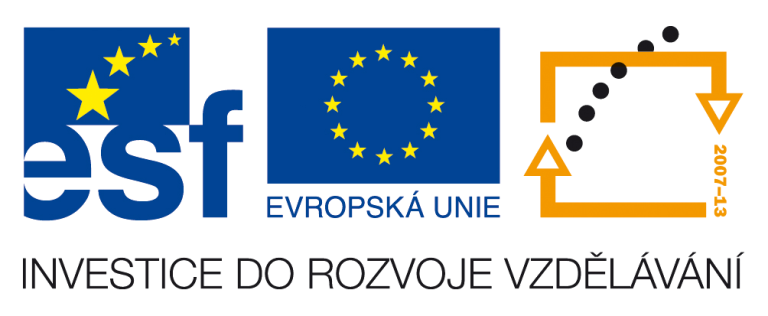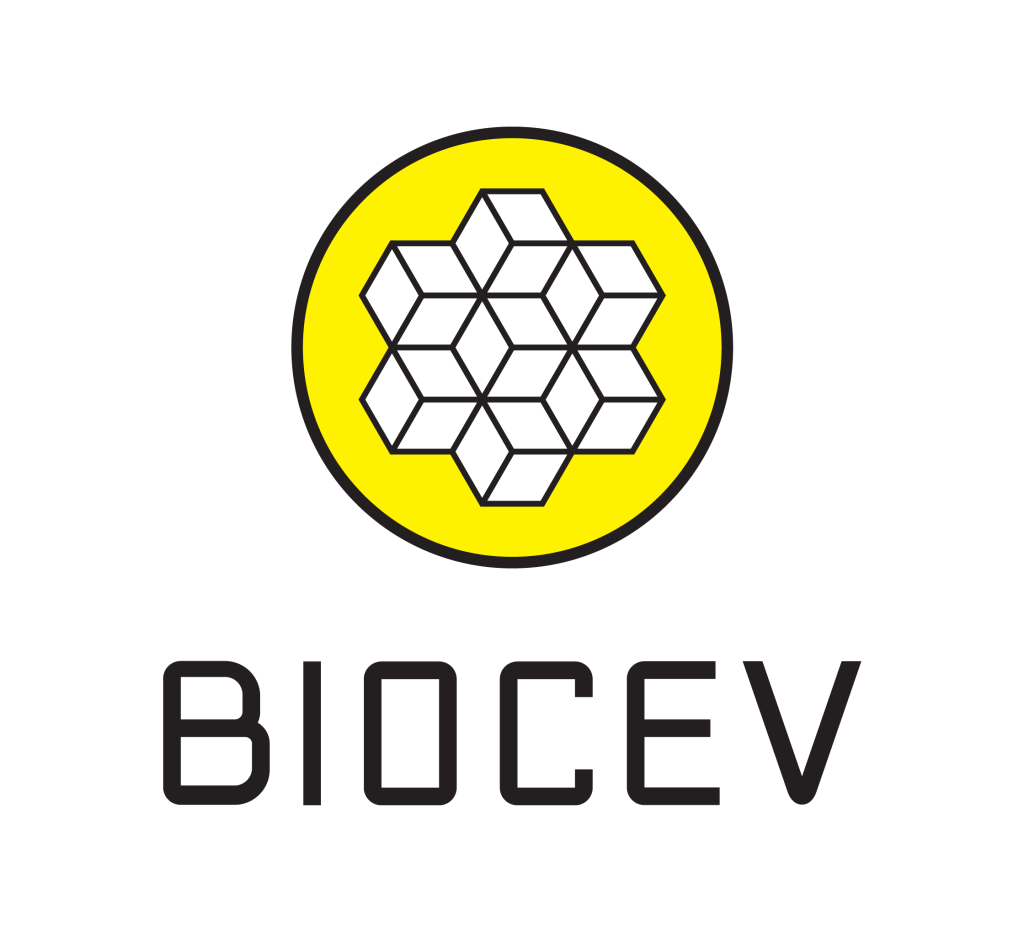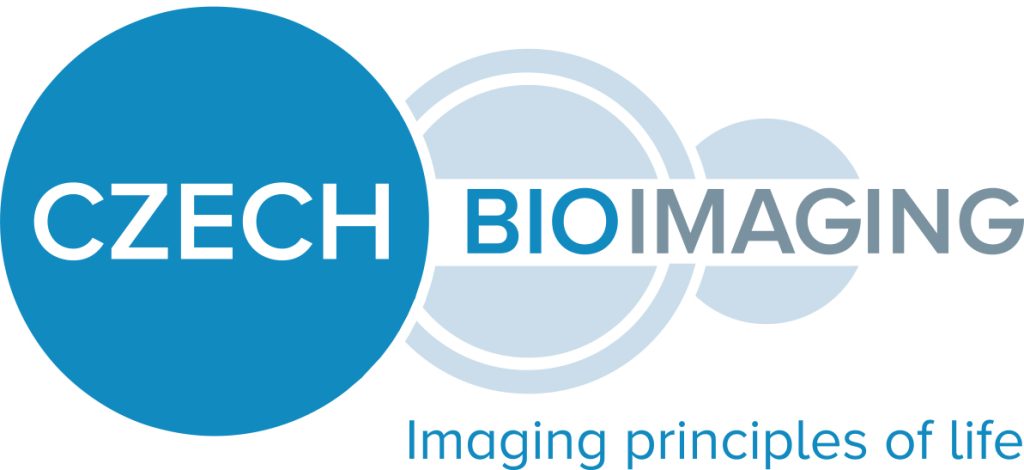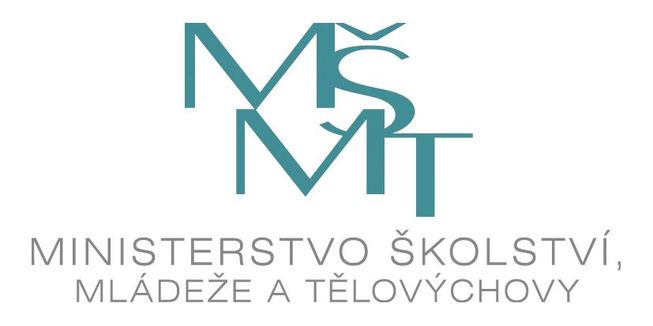Laboratory of Developmental Cardiology

Content of this page
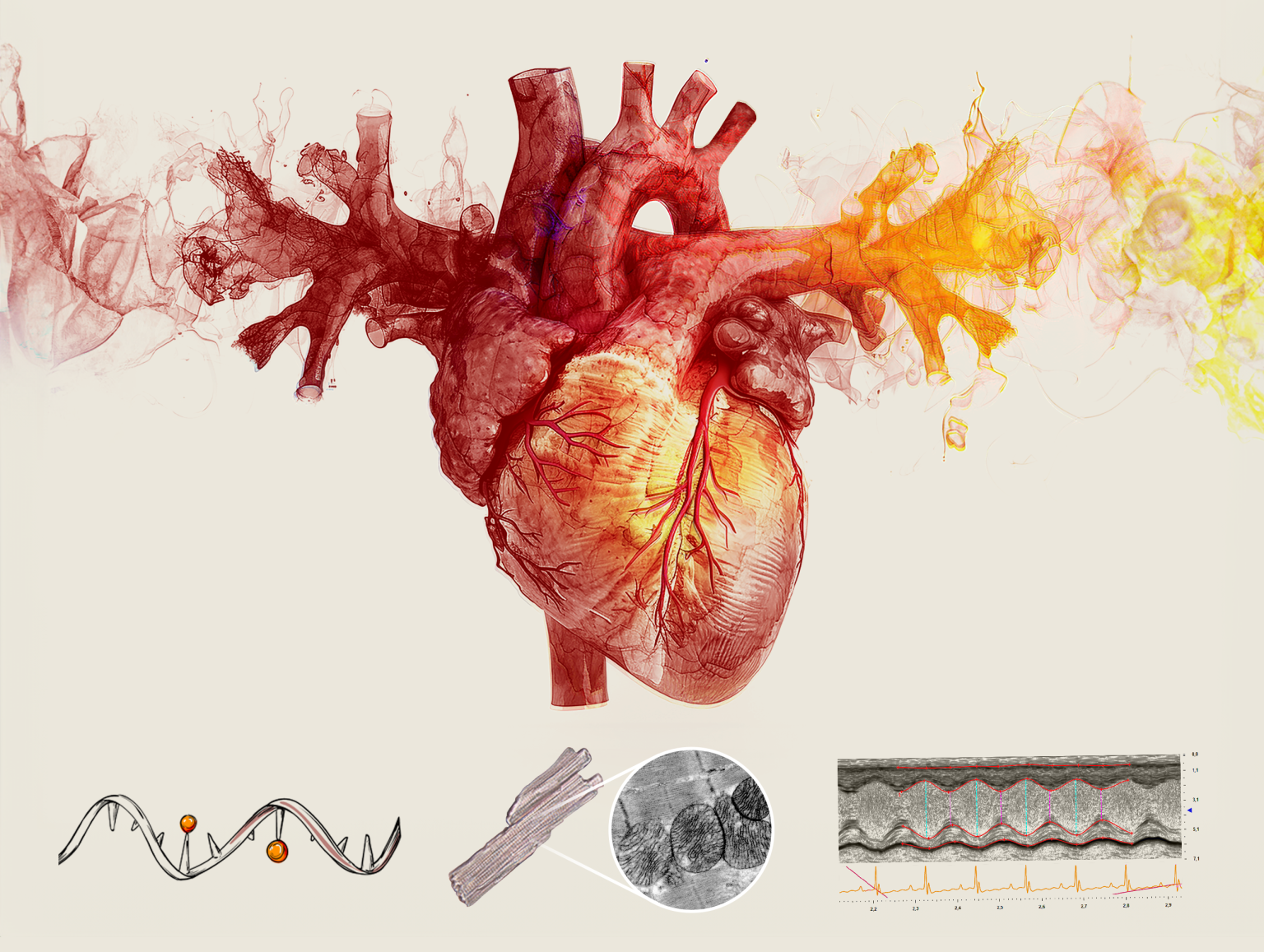
About the Laboratory
Ischemic heart disease stands as a global leader in causing mortality. Our research delves into the tolerance of the heart against injuries stemming from acute oxygen deprivation, encompassing examinations from the molecular level to the entire organism using animal models. Our primary focus lies in investigating three fundamental aspects:
- understanding the mechanisms that support robust cardiac tolerance during early ontogeny,
- unveiling the enhanced cardiac tolerance achieved through adaptations to chronic hypoxia, regular exercise training, and other interventions, and
- exploring the modifications in cardiac tolerance that manifest in association with various pathological conditions.
Furthermore, our research efforts include an investigation into the pathogenetic mechanisms at play in the initiation and progression of cardiomyopathy and heart failure, spanning various causes. We pay particular attention to sex differences and the influence of risk factors and comorbidities, aiming to pave the way for innovative therapeutic strategies. We collaborate on individual projects with clinical institutions, including the Children’s Heart Centre of 2nd Faculty of Medicine of the Charles University and University Hospital Motol, and the Institute for Clinical and Experimental Medicine.
New Frontiers in Basic Cardiovascular Research 2018
13th conference New Frontiers in Basic Cardiovascular Research in November 11 – 14, 2018 in Prague, Czech Republic.
Cardiovascular diseases are the leading causes of death and disability worldwide and the situation in new EU countries is particularly serious. There is, therefore, an urgent need to improve understanding of pathogenetic mechanisms underlying an initiation and progression of cardiovascular diseases as a prerequisite for developing novel therapeutic strategies and their translation to clinical settings. This goal cannot be achieved without sharing knowleddge and enhancing international cooperation and training. The planned meeting is a continuation of traditional series of meetings that started in Prague in 1994 and was followed every other year by meetings held in one of the V4 countries or in France (Smolenice 1996, Strasbourg 1998, Mariánské Lázně 2000, Smolenice 2002, Montpellier 2004, Debrecen 2006, Krakow 2008, Toulouse 2010, Hradec Králové 2012, Smolenice 2014 and Paris 2016). These meetings significantly improved scientific interaction and collaboration among researchers from these countries resulting in increasing success of joint grant applications and quality of joint publications.
The meeting will bring together researchers mainly from V4 countries, other new EU countries and France in order to strengthen communication and mutual collaboration, thereby accelerating scientific progress in cardiovascular research. Furthermore, it will provide an important opportunity for early stage researchers and pregraduate and postgraduate students to present and discuss their projects and results with established investigators in order to facilitate their involvement in scientific cooperation and exchange training in laboratories within new EU countries and France. The project coordinator and his team will be responsible for the organization of the meeting, selection of participants from the Czech Republic and coordination of participation of French distinguished cardiologists. Partners from other V4 countries will select participants from Slovakia, Hungary and Poland in cooperation with the project coordinator in order to create excellent and attractive scientific program and promote joint research activities. The meeting will be held in the project coordinator’s organization – the Institute of Physiology of the Czech Academy of Sciences.
Project partners:
Institute for Heart Research, Center of Experimental Medicine, Slovakia
University of Debrecen, Hungary
Jagiellonian University, Poland
Supported by:
Projects
Publications
Kolesová; Hana - Hrabalová; Petra - Bohuslavová; Romana - Abaffy; Pavel - Fabriciová; Valeria - Sedmera; David - Pavlínková; Gabriela Reprogramming of the developing heart by Hif1a-deficient sympathetic system and maternal diabetes exposure. Frontiers in Endocrinology. 2024; 15(Mar 5); 1344074.
IF = 3.9
Sedmera; David - Kvasilová; A. - Eckhardt; Adam - Kačer; P. - Penicka; M. - Kočka; M. - Schindler; D. - Kaban; R. - Kočková; R. Fibrosis and expression of extracellular matrix proteins in human interventricular septum in aortic valve stenosis and regurgitation. Histochemistry and Cell Biology. 2024; 161(5); 367-379.
IF = 2.1
Bencze; Michal - Boroš; Almoš - Behuliak; Michal - Vavřínová; Anna - Vaněčková; Ivana - Zicha; Josef Changes in cardiovascular autonomic control induced by chronic inhibition of acetylcholinesterase during pyridostigmine or donepezil treatment of spontaneously hypertensive rats. European Journal of Pharmacology. 2024; 971(15 May); 176526.
IF = 4.2
Hojná; Silvie - Malínská; H. - Hüttl; M. - Vaňourková; Z. - Marková; I. - Miklánková; D. - Hrdlička; Jaroslav - Papoušek; František - Neckář; Jan - Kujal; P. - Behuliak; Michal - Rauchová; Hana - Kadlecová; Michaela - Sedmera; D. - Neffeová; Kristýna - Zábrodská; E. - Olejníčková; V. - Zicha; Josef - Vaněčková; Ivana Hepatoprotective and cardioprotective effects of empagliflozin in spontaneously hypertensive rats fed a high-fat diet. Biomedicine & Pharmacotherapy. 2024; 174(May); 116520.
IF = 6.9
Semenzato; M. - Kohr; M. J. - Quirin; Ch. - Menab?; R. - Alánová; Petra - Alán; L. - Pellattiero; A. - Murphy; E. - Di Lisa; F. - Scorrano; L. Oxidization of optic atrophy 1 cysteines occurs during heart ischemia-reperfusion and amplifies cell death by oxidative stress. Redox Biology. 2023; 63(July)); 102755.
IF = 11.4
Methodical approaches
28.1. 2014
Methodical approaches
28.1. 2014
In our research, we use mostly laboratory rats and mice including suitable transgenic models. Cardiac tolerance to injury caused by temporal coronary artery occlusion and reperfusion is studied in anesthetized open-chest animals, isolated perfused hearts are used to assess tolerance to injury due to global or regional ischemia/reperfusion, and isolated ventricular myocytes serve to analyze the effects of simulated anoxia/reoxygenation. As major manifestations of injury we evaluate the size of myocardial infarction, the incidence and severity of ventricular arrhythmias, the postischemic recovery of contractile function, and the viability of myocytes. Echocardiography and catheterization techniques are used to assess heart functions and hemodynamics. To study cardioprotective mechanisms we employ suitable pharmacological tools and biochemical analyses.

